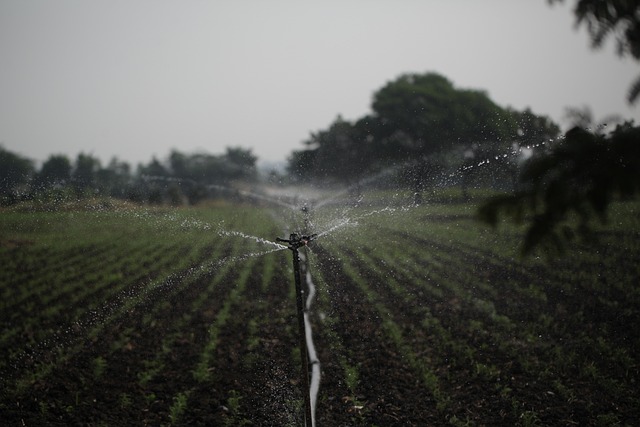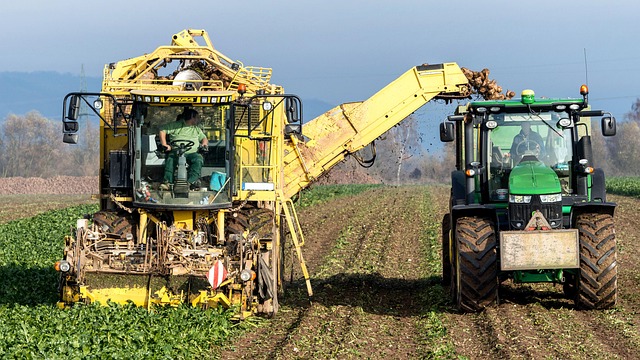In an era where climate change confronts us at every turn, the need for sustainable practices has become more urgent than ever. One of the most pressing areas to focus on is sustainable irrigation. This practice not only enhances water efficiency but also plays a vital role in reducing our ecological footprint, setting the stage for a greener planet.
As populations grow and urbanization accelerates, the demand for water rises exponentially. Traditional irrigation methods often lead to significant water wastage and can contribute to soil degradation. However, by adopting sustainable irrigation techniques, we can shift the paradigm toward a more balanced relationship with our environment. These methods include drip irrigation, rainwater harvesting, and scheduling irrigation based on weather forecasts, all of which ensure that every drop counts.
Embracing green technologies offers an innovative path to advance sustainable irrigation systems. For instance, solar-powered pumps and moisture sensors enable farmers to enhance efficiency while minimizing resource use. This technological shift not only conserves water but also helps in reducing dependency on fossil fuels, paving the way toward a carbon-neutral future.
Ultimately, sustainable irrigation embodies the principles of sustainable development, where we not only seek to meet our needs but also safeguard the environment for future generations. By investing in sustainable practices, we can significantly reduce our ecological footprint, ensuring that the cycle of agricultural production is both productive and environmentally friendly.
As we look to the future, it is clear that the journey towards sustainable irrigation is not simply about utilizing water efficiently; it is about fostering a holistic approach to environmental stewardship. By integrating green technologies and committing to sustainable practices, we can ensure a thriving ecosystem that supports life and prosperity for years to come.




